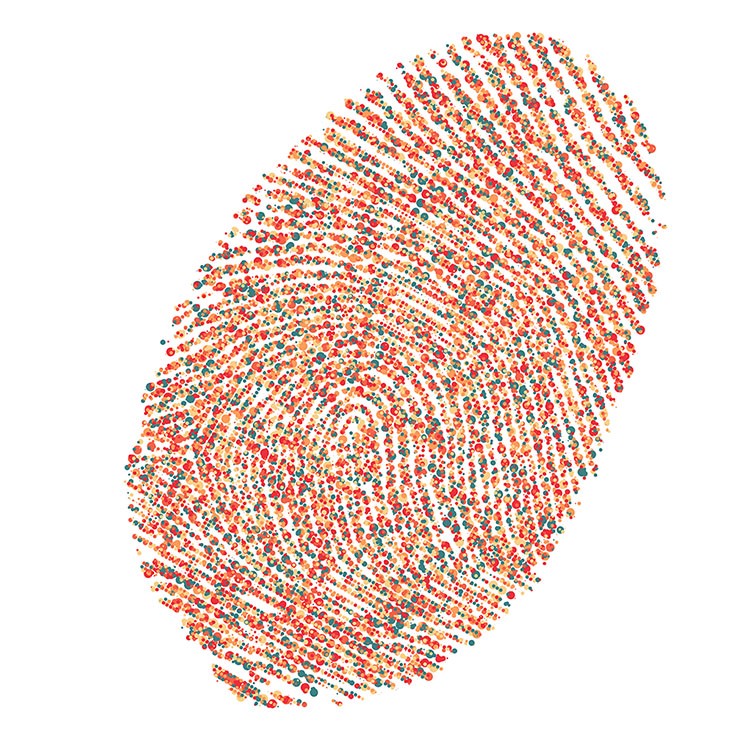November 19, 2016

Fingerprints on the Feculence
Fessing up to poor UX
I sold my most popular Wordpress plugin a couple years ago. It had a million installs and hadn’t earned me a penny of income.
Sure, I could have pumped it with ads and earned a few bucks sooner, but I hate ads more than I enjoy pennies.
I sold it because I thought the plugin was no longer worth my hassle. If I could make a few bucks and offload the maintenance work it seemed like a win.
It should have been obvious to me that the new owner had plans for monetizing the plugin.
I shouldn’t have been surprised when the next version of my plugin shamelessly promoted the company’s shady products.
Why should it bother me? It isn’t my problem any more, right?
What do I care if the plugin hasn’t been updated in 8 months?
Why does it bug me that the plugin now gets one star reviews and complaints about spam and annoying ads?
Why should it irk me to hear a podcast host gush over the plugin’s owner like he is some kind of artist?
Why do I want to barf every time I see the company’s social share tool cluttering up the design of websites I visit?
Why should I care that the company writes blog posts with titles like, “Pop-ups Aren’t Dead.”
Why should I wonder how there can be 1,700 people who share articles praising pop-ups on their Facebook pages?
As much as I want to wash my hands of it, I still feel dirty. I can disavow their techniques, but I am still responsible for allowing my work to fall into the hands of spammers.
So what’s the lesson? Never sell out? Pick your business partners carefully?
No, that’s not it.
The toxic sludge that tanked my plugin isn’t limited to outside investors. It lurks on the edges of everything we make, little voices tempting us to compromise the integrity of the things we build.
“Why not put ads in your product? You gotta make a living, right?”
“If we don’t prioritize search engines over humans how will people find us?”
“Sure, link bait is annoying but just look at the traffic it generates.”
“Do you realize the gold mind of data you are sitting on by not tracking your users?”
“Actually, the low conversion rate proves popups are a raging success.”
“Good design can come later, ship it.”
And on and on. How do you silence these voices? A common theme in my writing is criticism of the attitude that says, “That’s not my job.” This is how most designers justify their claims of innocence when sludge gets shipped.

But when you tell yourself “that’s not my job,” you demote yourself to the role of a pawn. As a pawn you have the luxury of shrugging off blame. It’s not your fault the marketers insisted on popups. You blame the SEO expert for the clunky headline. You point at the data analyst for the privacy invasion. You blame the deadlines for the pressure to ship too early. There’s always some way to avoid ownership.
Shifting blame may pacify you for a while, but eventually you are gonna get tired of having your name associated with the gunk. That’s when you will decide to own the sludge. Fess up. Take the blame.
Because if you don’t claim responsibility for the user experience who will? Is there a stronger advocate for quality, anyone more in touch with good taste than you? Own it. Be the one who stands up and says,
“It’s my fault. I could have stopped the spam, but I failed.”
The things we create carry our signatures long after they leave our studios. Sure, you still might ship scuz once in a while. But at least when you see your fingerprints on the feculence you will know that you did everything you could to battle mediocrity. That’s your job.
This is part 13 in my ongoing series called, A Special Hell for Designers Like Me. If you are new to my writing, here are the other 12 chapters in this saga so far:
As always, Thanks for reading, sharing, and following me. Stay creative.
Previous: Evidence that Steve Jobs was aware of his reality distortion field